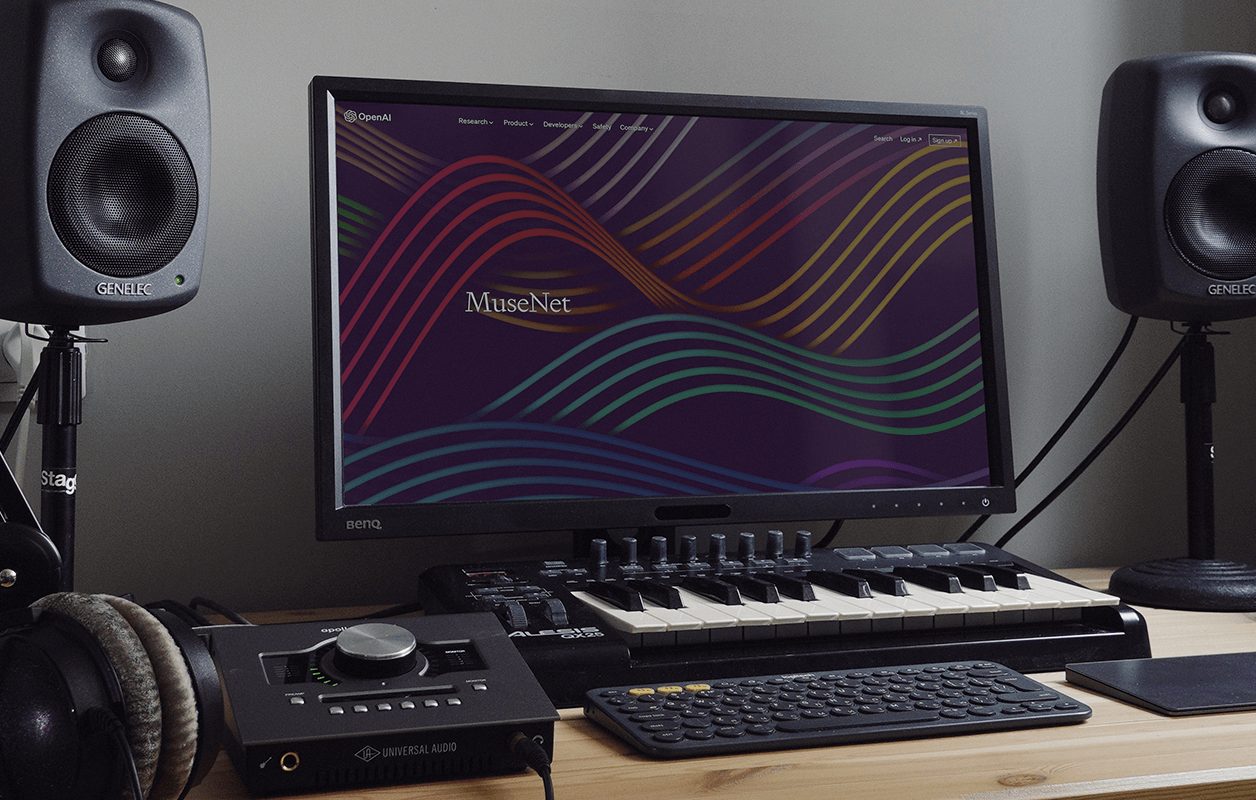
Regardless of how we feel about the matter, some form of artificial intelligence is here to stay. For musicians, DJs, producers, and any creative person, this can definitely set off some alarm bells. While fear of any unprecedented technology certainly has its merits, you may be surprised to hear in what ways artificial intelligence may affect the music industry as a whole.
Below, we’ll explore what “AI” is within the context of music and look at a couple of ways in which musicians may be impacted by the developing technology. We’ll also share some AI plugins for musicians if you’re looking for innovative ways to update your process.
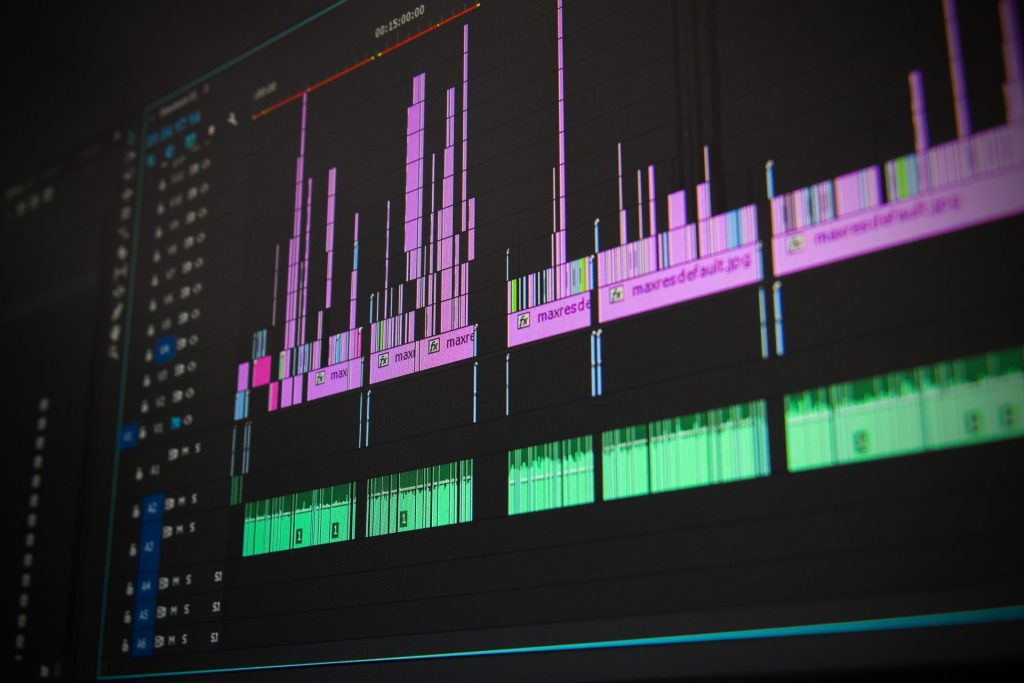
What is AI Anyway?
Artificial intelligence, often abbreviated as AI, can mean a lot of different things from a technical and everyday perspective. We often think of it as a singular object, when in reality, it is an entire branch of computer science concerned with recreating systems relating to machine learning, neural networks, robotics, natural language processing, fuzzy logic, or expert systems.
AI is far too broad to generalize to a singular term (read: it doesn’t automatically mean evil robots are coming to take over your home studio). Typically, the type of “AI” that we tend to talk about today utilizes machine learning, or a large set of data to inform choices made by a computer.
So, AI can be the famous Chat GPT with shockingly human-like answers, but it can also be Grammarly giving you advanced writing suggestions. It can be a plugin suggesting you some drum patterns to go along with the rest of your song, or a music generator that creates beats based on a couple of keywords.
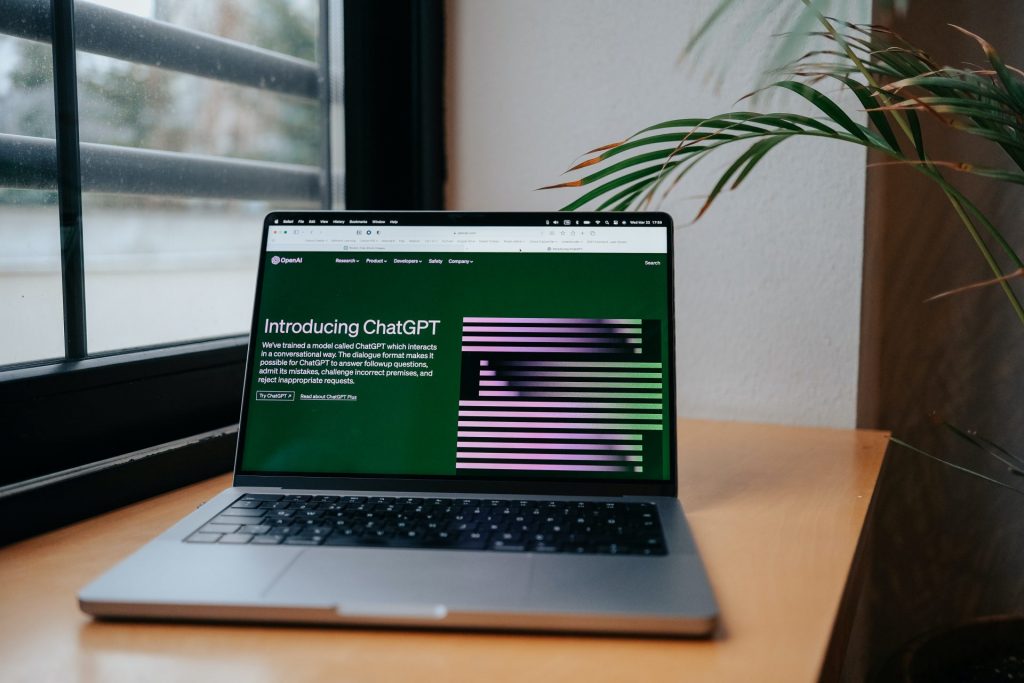
AI and Music: 5 Most Vulnerable Sectors
It’s hard to say how artificial intelligence will impact the music industry as a whole, but there are some sectors we may speculate to be more vulnerable than others.
Generally speaking, the more generic a subset of the music industry is, the more likely it is to be assisted or partially replaced by AI generation.
Sync Music
Corporations or businesses looking for fairly generic music to soundtrack their assets or commercials might be satisfied with a service like Soundful. These music generators can build fairly decent background music, but there isn’t much flexibility in terms of sound placement or catering to a brand’s specific needs.
Amateur Songwriting
Text generators like Chat GPT can already be used to brainstorm music or lyric ideas based on prior data. However, it’s unlikely that these forms of AI. I can account for the experience and value provided by songwriting professionals.
Video Production
Video production can be surprisingly expensive, especially for independent artists. We may see more artists turn to AI-assisted video to cut costs to build out music videos and marketing assets.
Session Players
Digital replicas of specific instruments are becoming increasingly advanced, which may lead to fewer jobs for session players. However, this will only act as a replacement if the producer has already built a melody for the VST or AI-assisted instrument to recreate.
Automated Engineering
We’ve seen a rise in AI-assisted mixing and mastering, whether it’s through a service like Emastered or with iZotope’s Neutron series. AI may be used as a second set of ears during the final stage of the recording process.

Will A.I. Replace Musicians?
In short, artificial intelligence will not replace musicians, at least not completely. It may change the ways we relate to our creative process, or refactor our workflows, but AI cannot currently act as a total replacement for human creativity.
It’s important to remember that all art is contextual, meaning that we don’t just value it for the piece itself – we love our favorite artists in part for their music, but also for their stories, and how their creation fits within a particular cultural landscape. Only humans can derive and build that meaning around a piece of music.
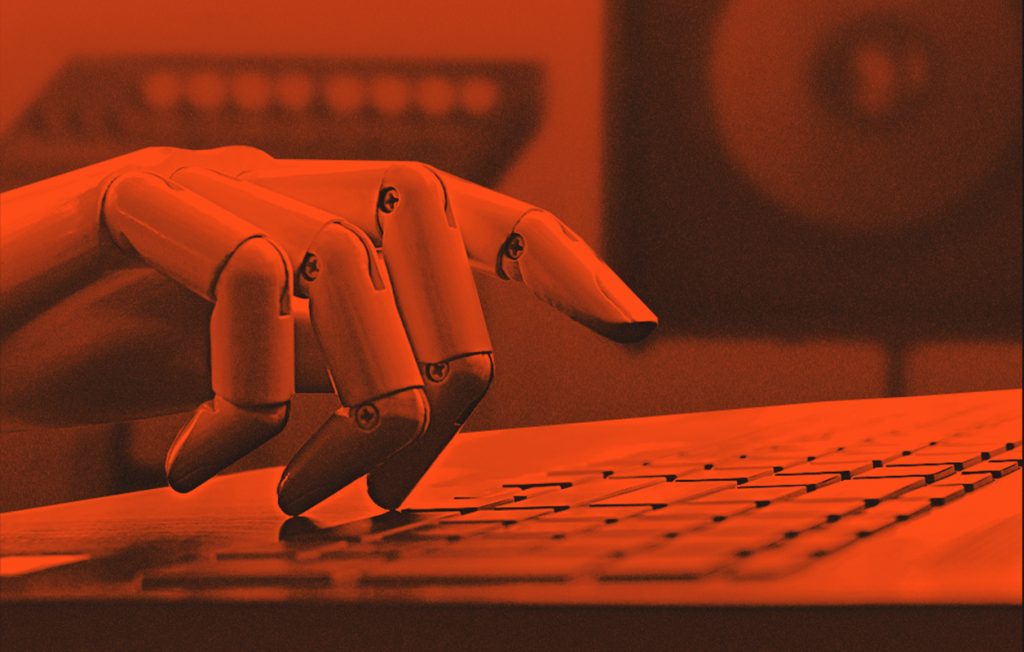
5 AI Plugins You Can Currently Test Out
Ready to add some artificial intelligence to your music production workflow? Here are five AI plugins you can use to take your beats to new levels:
Tone Transfer
Tone Transfer by Google and Magenta Studio is a completely free plugin you can use within your web browser to transform vocal sounds or melodies into surprisingly realistic flute, saxophone, trumpet, or violin sounds. You can download these files directly and import them into your beats.
Smart EQ-3
Sonible has built a whole host of AI plugins and VSTs, including the Smart EQ, dubbed “the intelligent equalizer.” This EQ automatically analyzes your input sound to filter out tonal imbalances and provide dynamic adaptation across the frequency spectrum. You can try it out for free for 30 days.
Neutron 4
iZotope’s Neutron 4 is a complete mixing suite assisted by AI helping you quickly tone match, find space in the mix, and sound design with simple toggles. Seek through automated mix presets adjusted to your session to inspire and shape your sessions.
Playbeat
Do you find yourself getting stuck on the same drum patterns from one beat to the next? You might want to check out Audiomodern’s Playbeat. This groove machine is built to help you generate drum patterns utilizing your samples so you can mix and match beats until you find something that strikes a chord.
Magenta Studio
Magenta Studio offers plenty of free AIassisted plugins for Ableton Live users. With melody builders, drum generators, and groove builders that work directly within your DAW, this freebie is well worth your time!
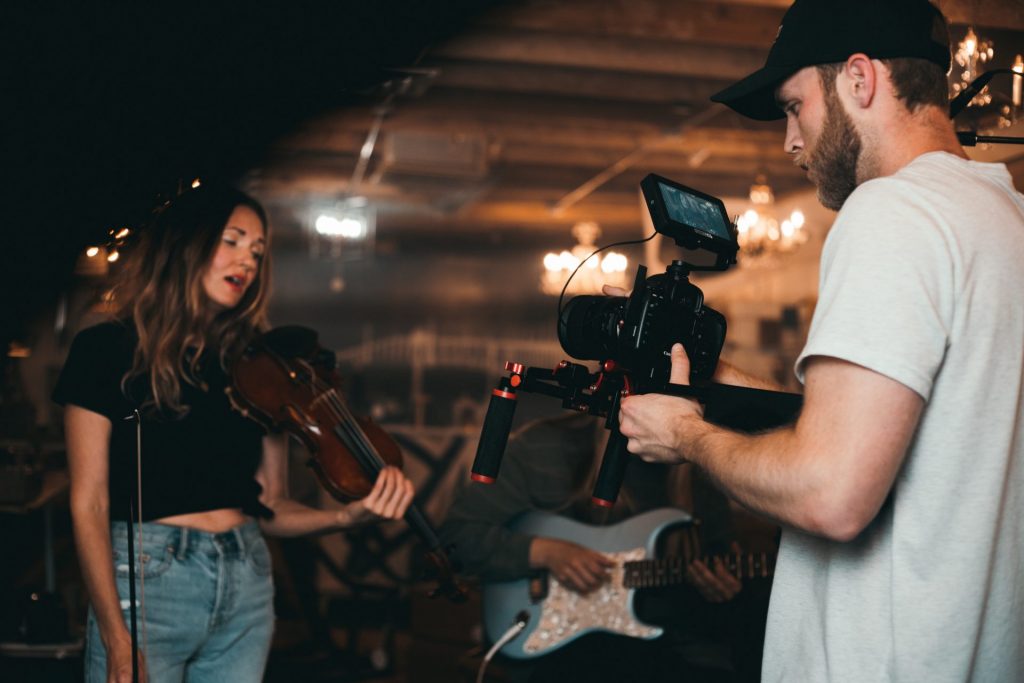
Making impactful music will always come down to the artist and the story behind it, not just a sequence of notes. While the evolution of artificial intelligence is daunting, nothing can triumph over the limitlessness of human creativity.

